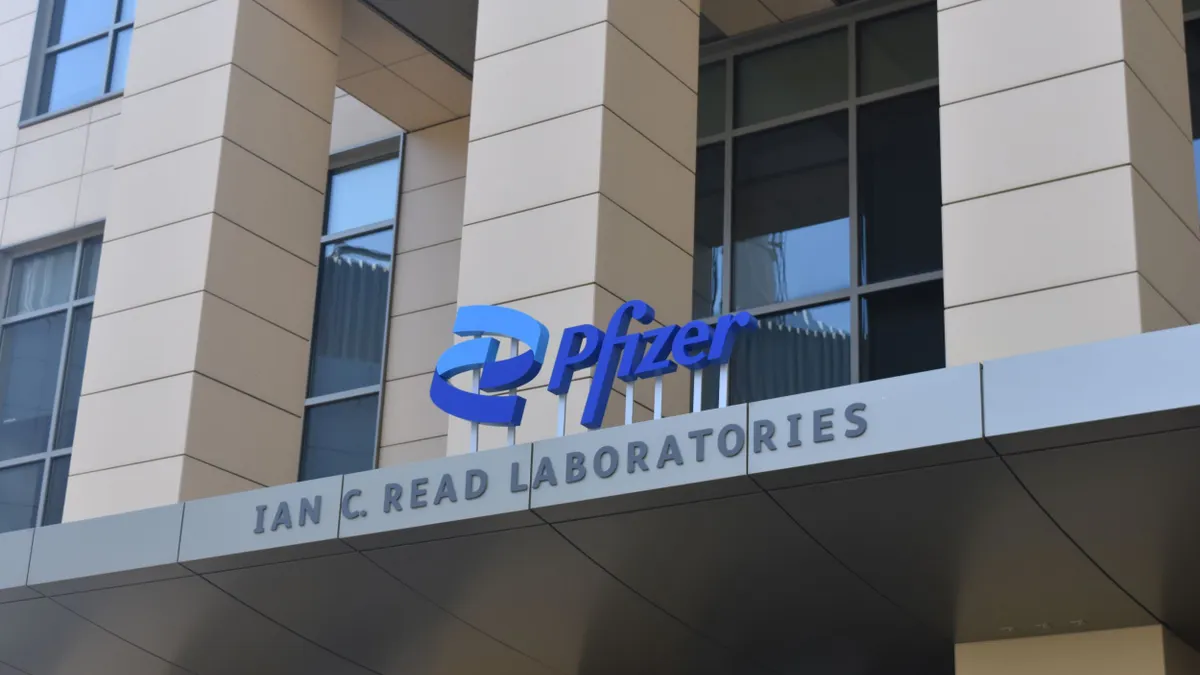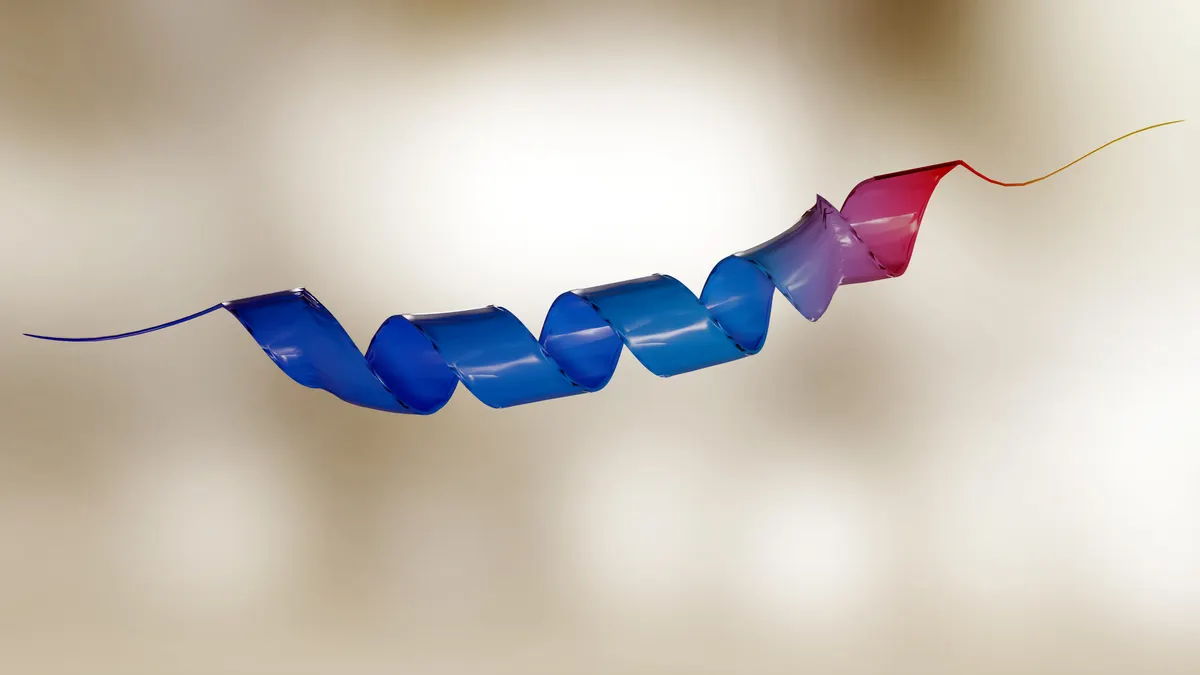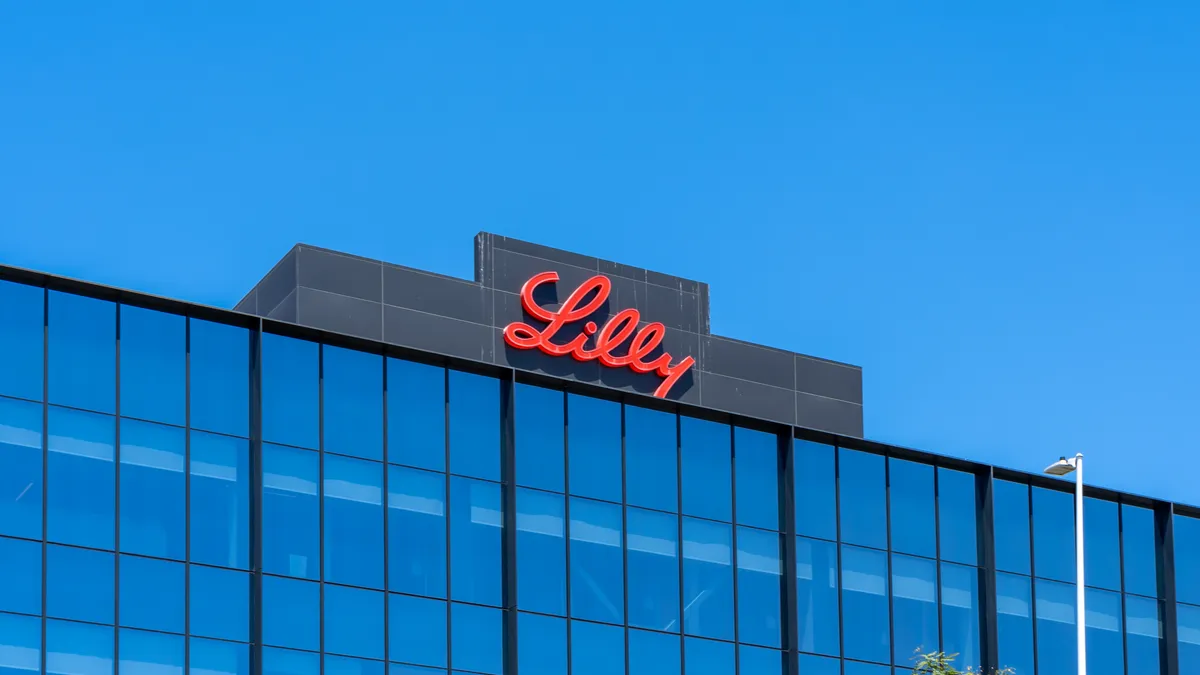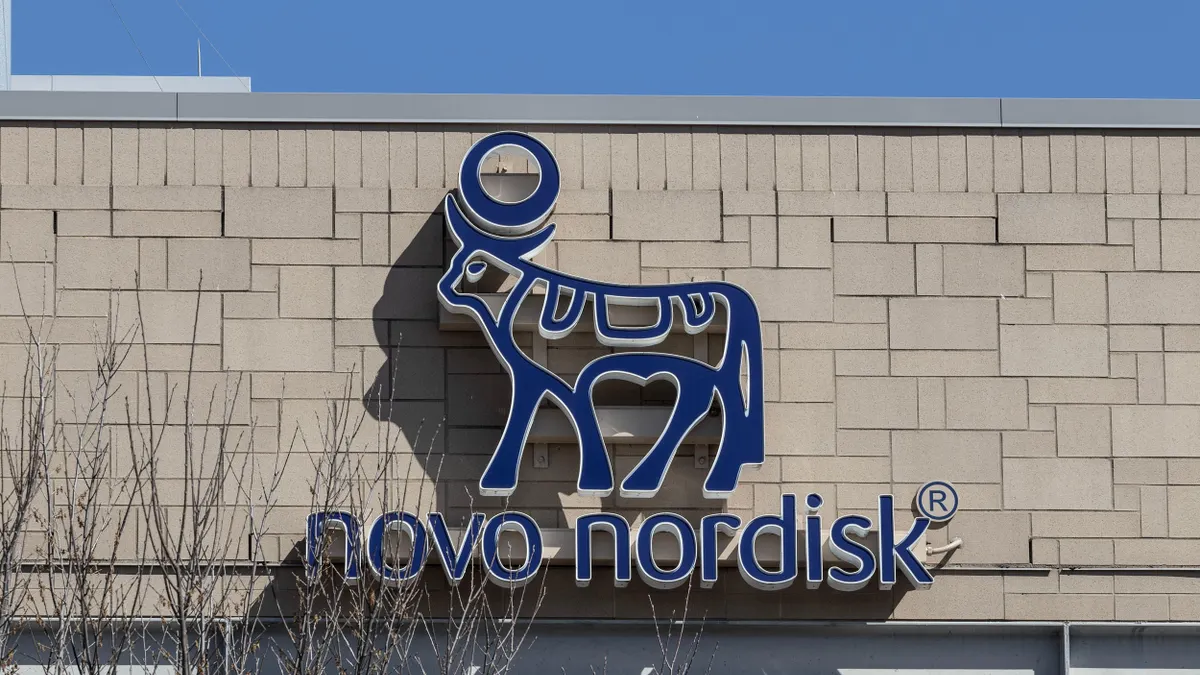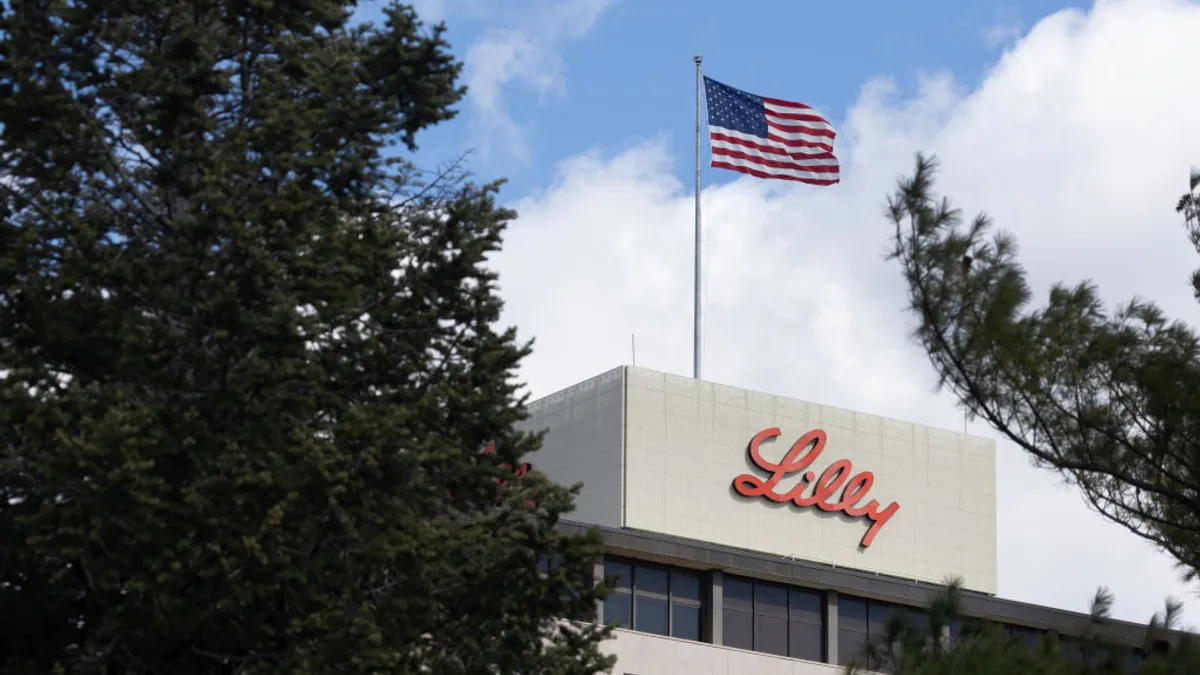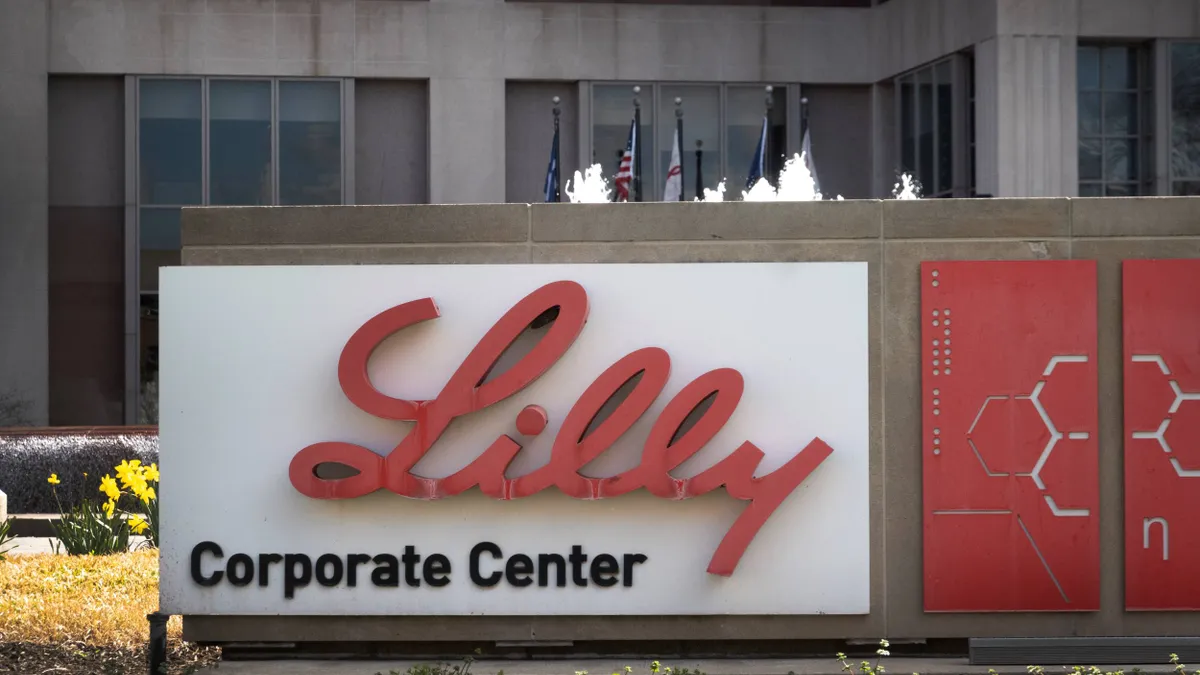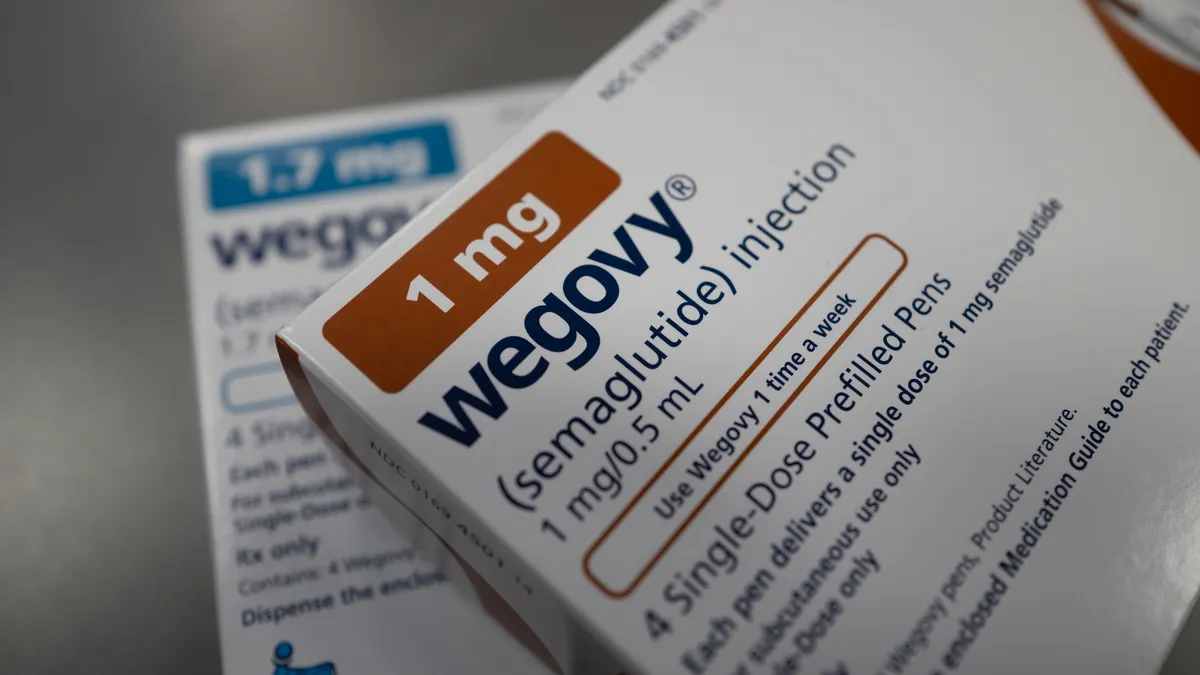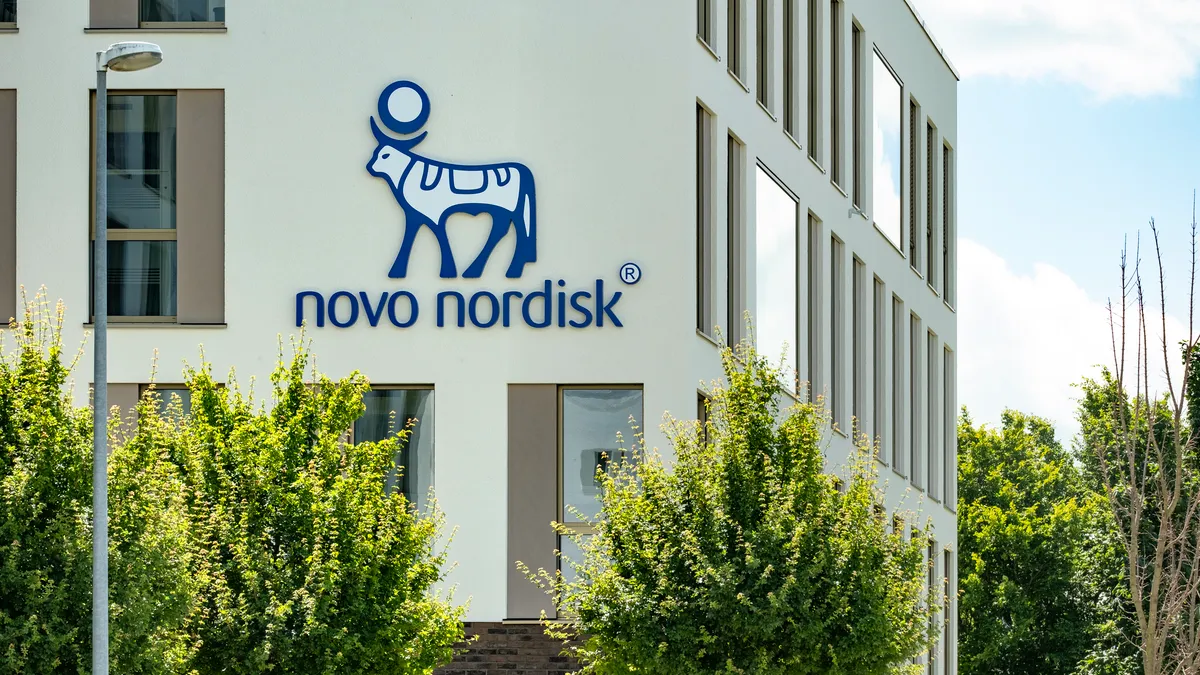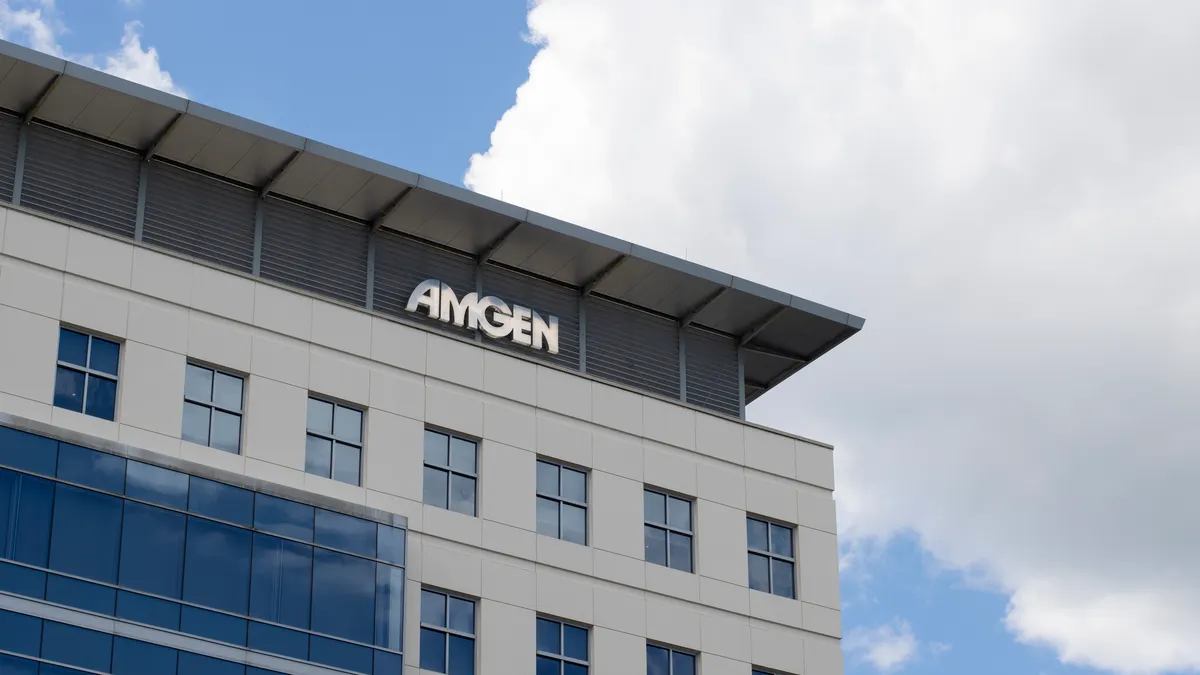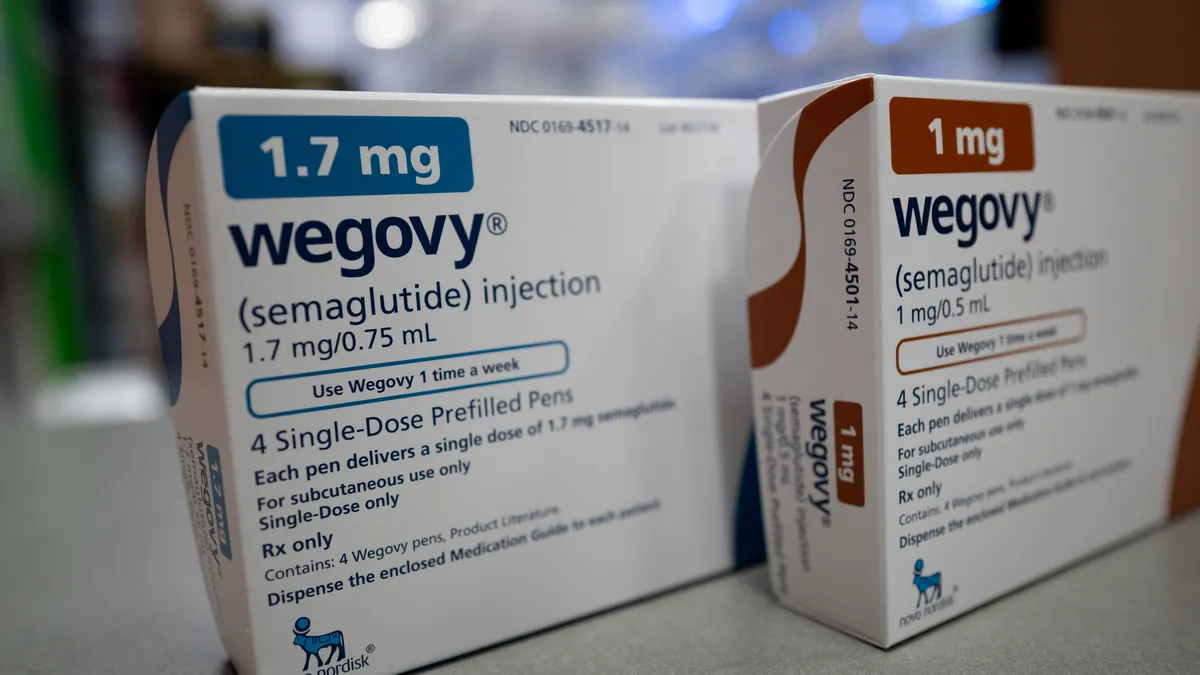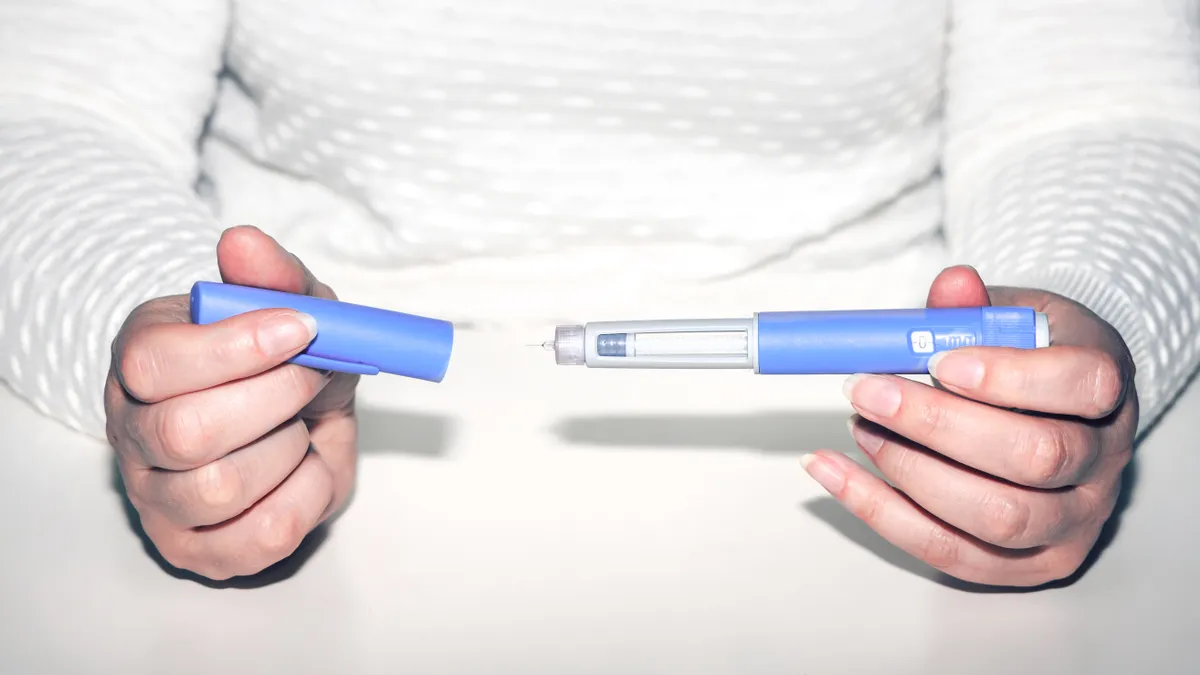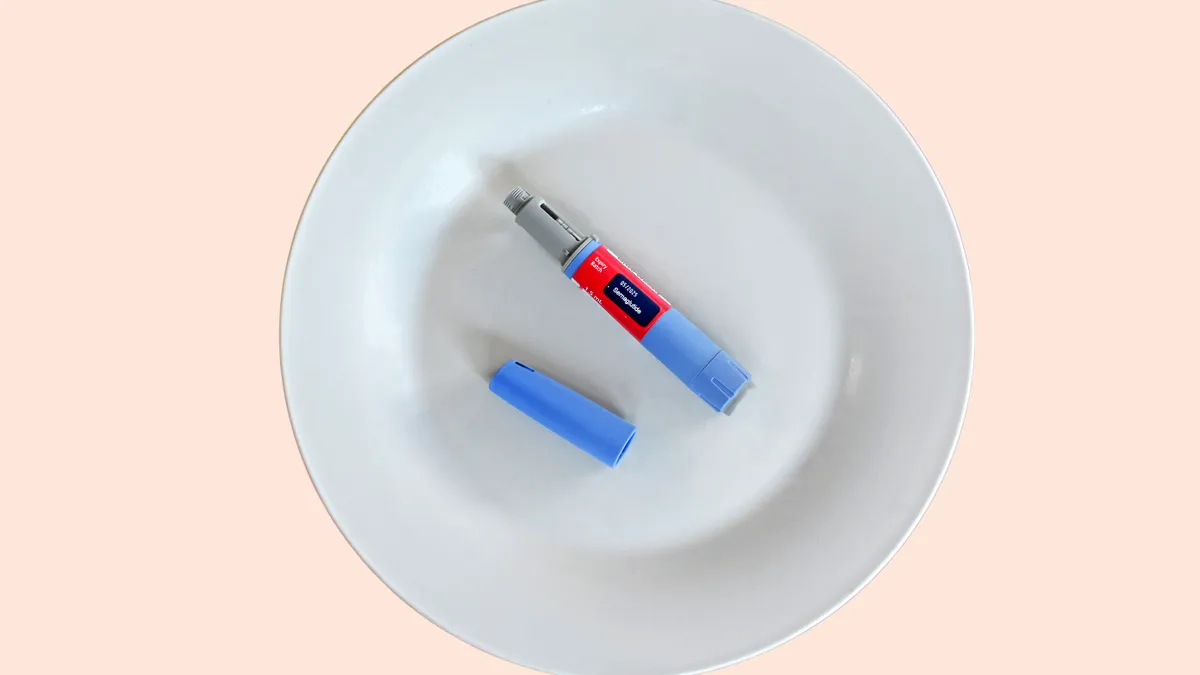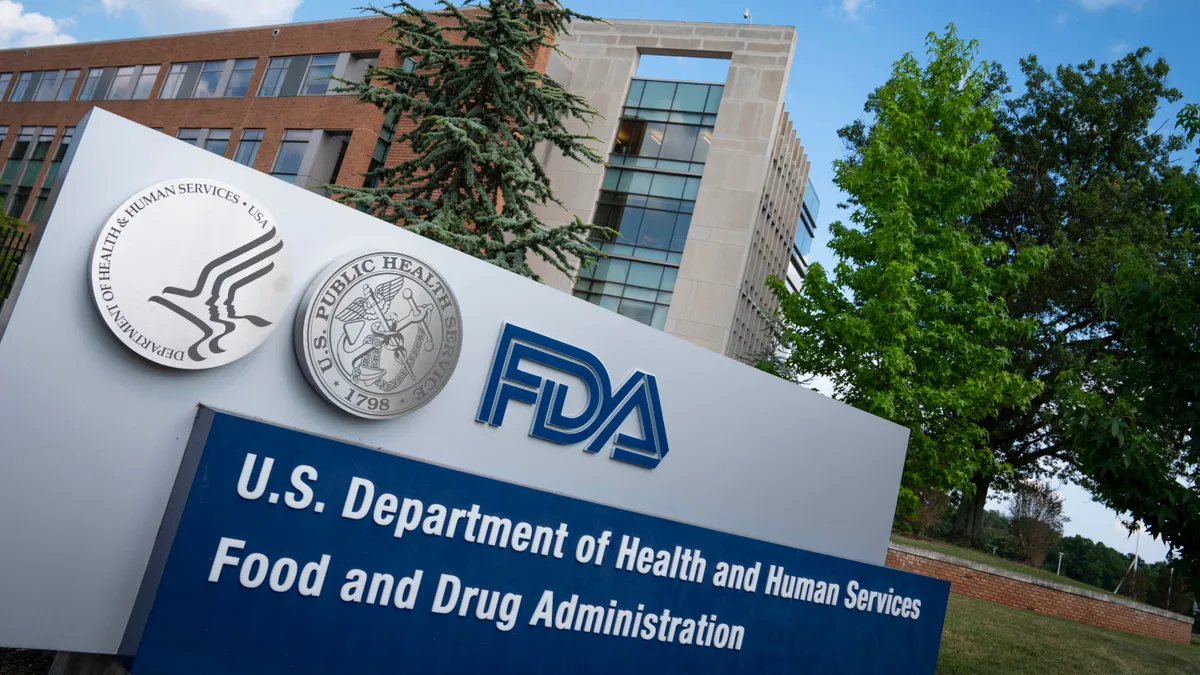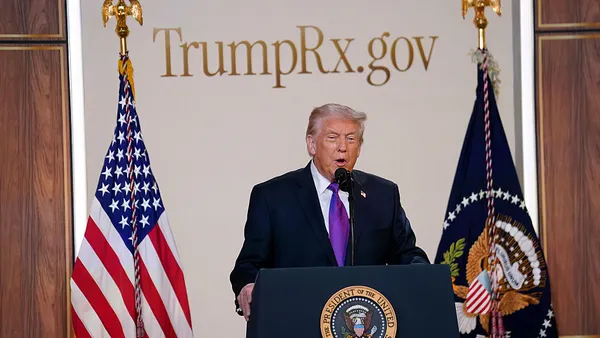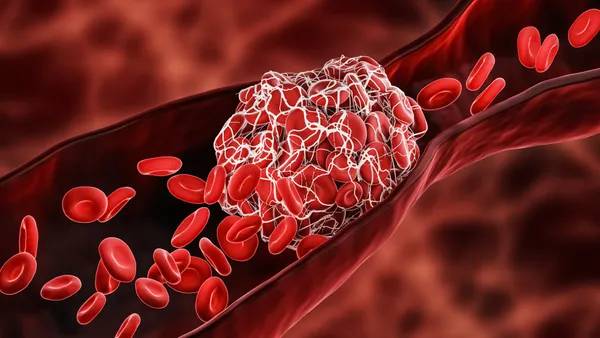Dive Brief:
- Pfizer is back in the obesity drug chase, announcing Monday it will pay $4.9 billion, and potentially more, to buy Metsera and its portfolio of weight loss medicines.
- Per deal terms, Pfizer will pay $47.50 for each Metsera share, more than double the $18 price the company debuted at following an initial public offering in January. Metsera shareholders could receive up to $22.50 per share more, too, should some of Metsera’s programs hit certain development and approval milestones.
- The acquisition comes five months after Pfizer scrapped the second of two pills it had been developing for obesity. In acquiring Metsera, Pfizer believes it has found a “path to leadership” in the field, Andrew Baum, its strategy and innovation chief, said on a conference call.
Dive Insight:
Novo Nordisk and Eli Lilly have established a commanding lead in obesity with their drugs Wegovy and Zepbound, with each recording sales of nearly $6 billion through the first six months of 2025. Moreover, both have potential successors nearing regulatory approval.
Nonetheless, the lure of the lucrative market for obesity medicines remains strong. Despite Novo and Lilly’s dominant position, others aim to bring forth treatments that are more potent, last longer or are more tolerable to take. The already high prevalence of obesity, and demand for Novo and Lilly’s treatments, have led some Wall Street analysts project that the annual sales of weight loss drugs will top $100 billion just five years from now.
Pfizer has had a tough time making progress so far. The company’s internal candidates, lotiglipron and danuglipron, both suffered setbacks in Phase 2 testing, after Pfizer had already poured significant amounts of money into research. The failure of those programs sparked speculation among analysts that Pfizer might use an acquisition to bolster its position.
Its target has turned out to be Metsera, which emerged from stealth just 16 months ago with $290 million in venture backing and a portfolio of “incretin” drugs acquired from elsewhere. One is a GLP-1 stimulating agent, like Wegovy, that’s injected monthly rather than weekly. A second mimics a gut hormone called amylin and is also administered once a month. They are codenamed MET-097i and MET-233i, respectively, and Metsera has also tested them together as a combination treatment.
“We anticipate the Metsera portfolio has the potential to be a key growth driver for Pfizer in the late 2020s and beyond,” said Chris Boshoff, Pfizer’s chief scientific officer and head of research and development, on Monday’s call.
Early-stage results showed that MET-233i helped people taking it lose around 8% of their body weight after five weeks of treatment. Those findings were released in greater detail at the European Association for the Study of Diabetes last week. In a research note earlier this month, Leerink Partners analyst David Risinger projected that MET-233i and Metsera’s other “differentiated” obesity medicines could generate about $5 billion in peak yearly sales.
The conditional payouts Metsera shareholders could receive are timed around late-stage development and Food and Drug Administration approvals of the two drugs. If the combination shot begins Phase 3 testing, Pfizer will pay another $5 a share. Should MET-097i be cleared as a single drug, Pfizer will shell out $7 a share. Metsera stockholders would get an additional $10.50 per share if the combination is approved, Pfizer said.
The transaction is set to close in the fourth quarter.



